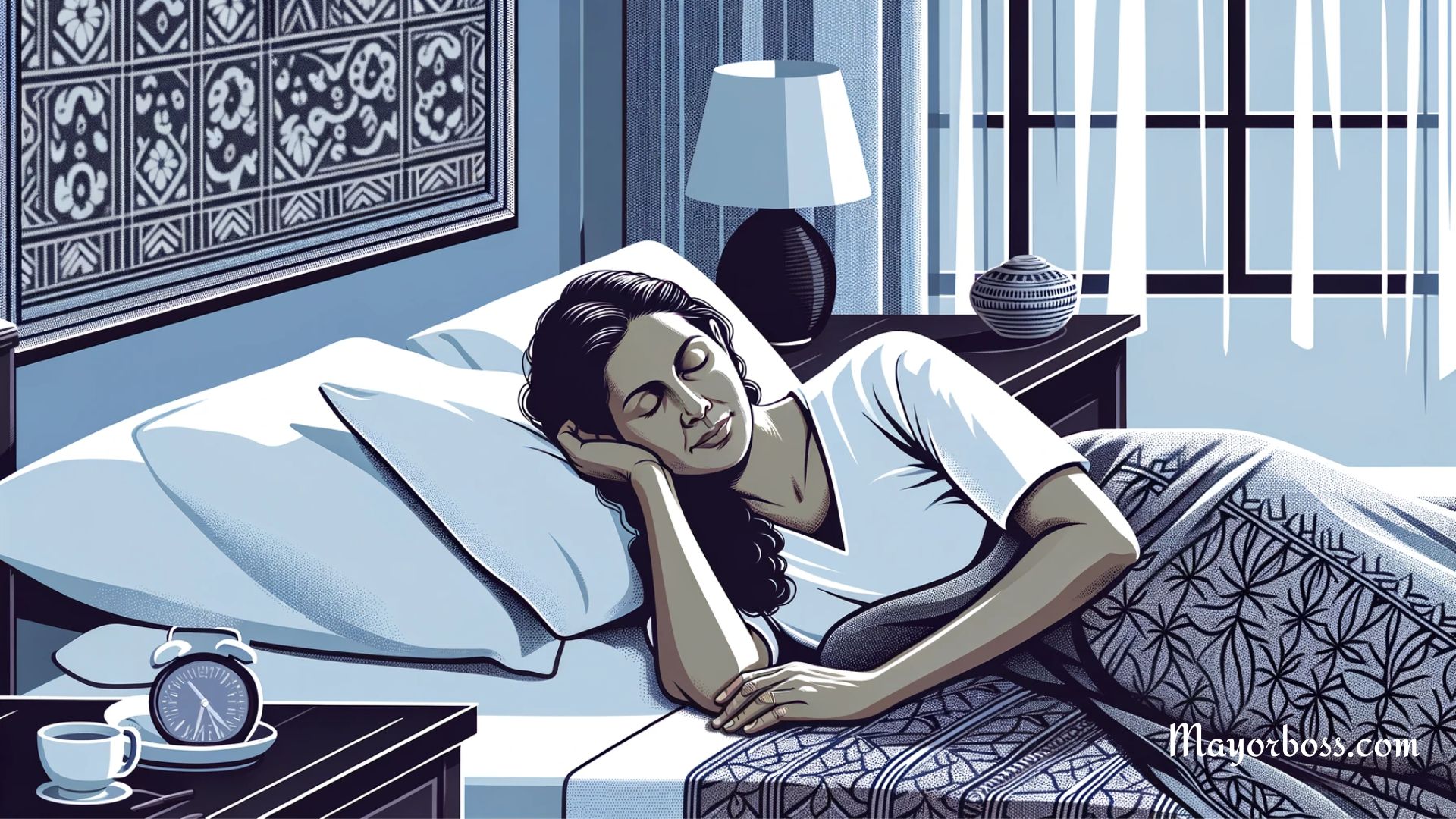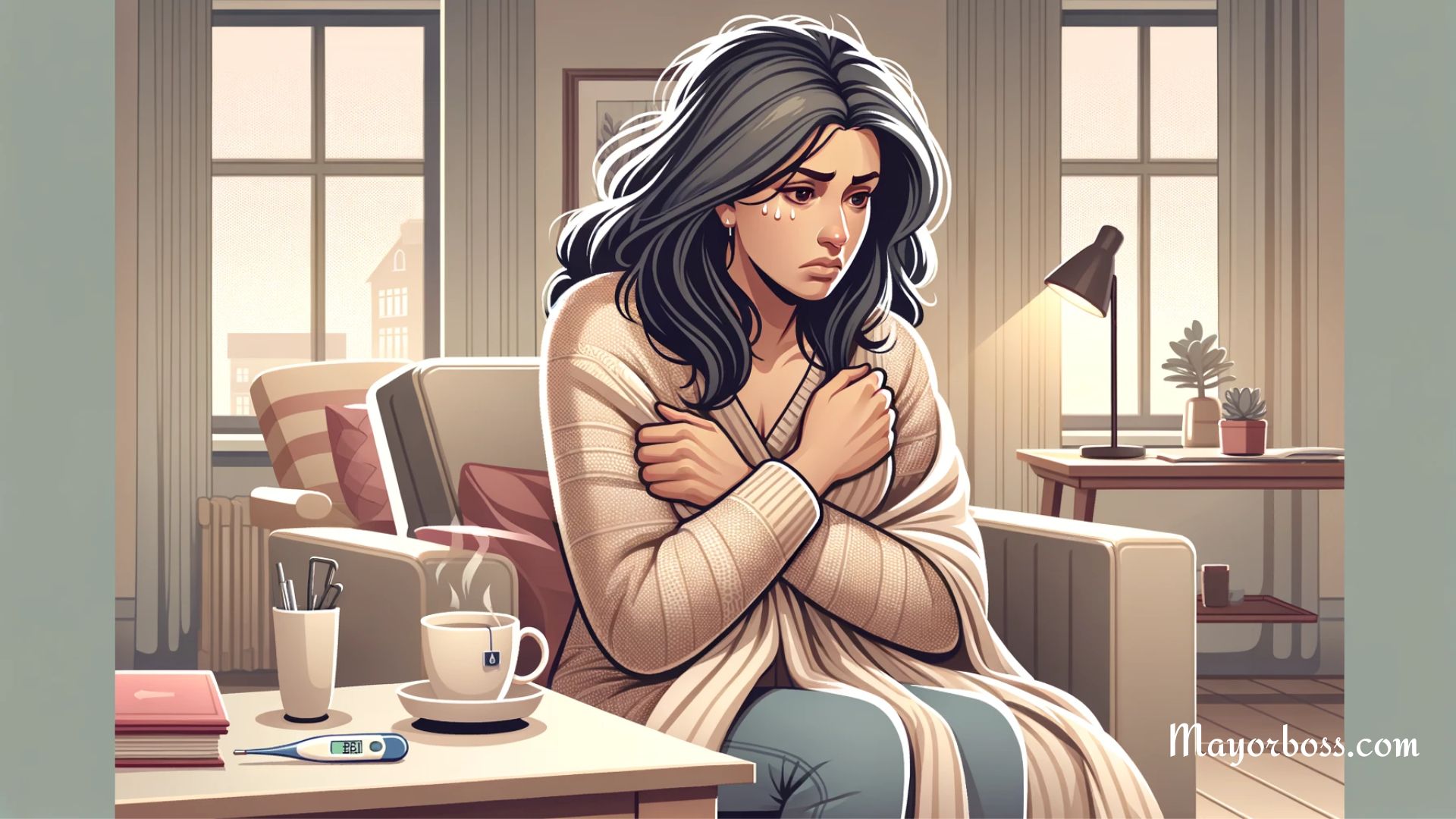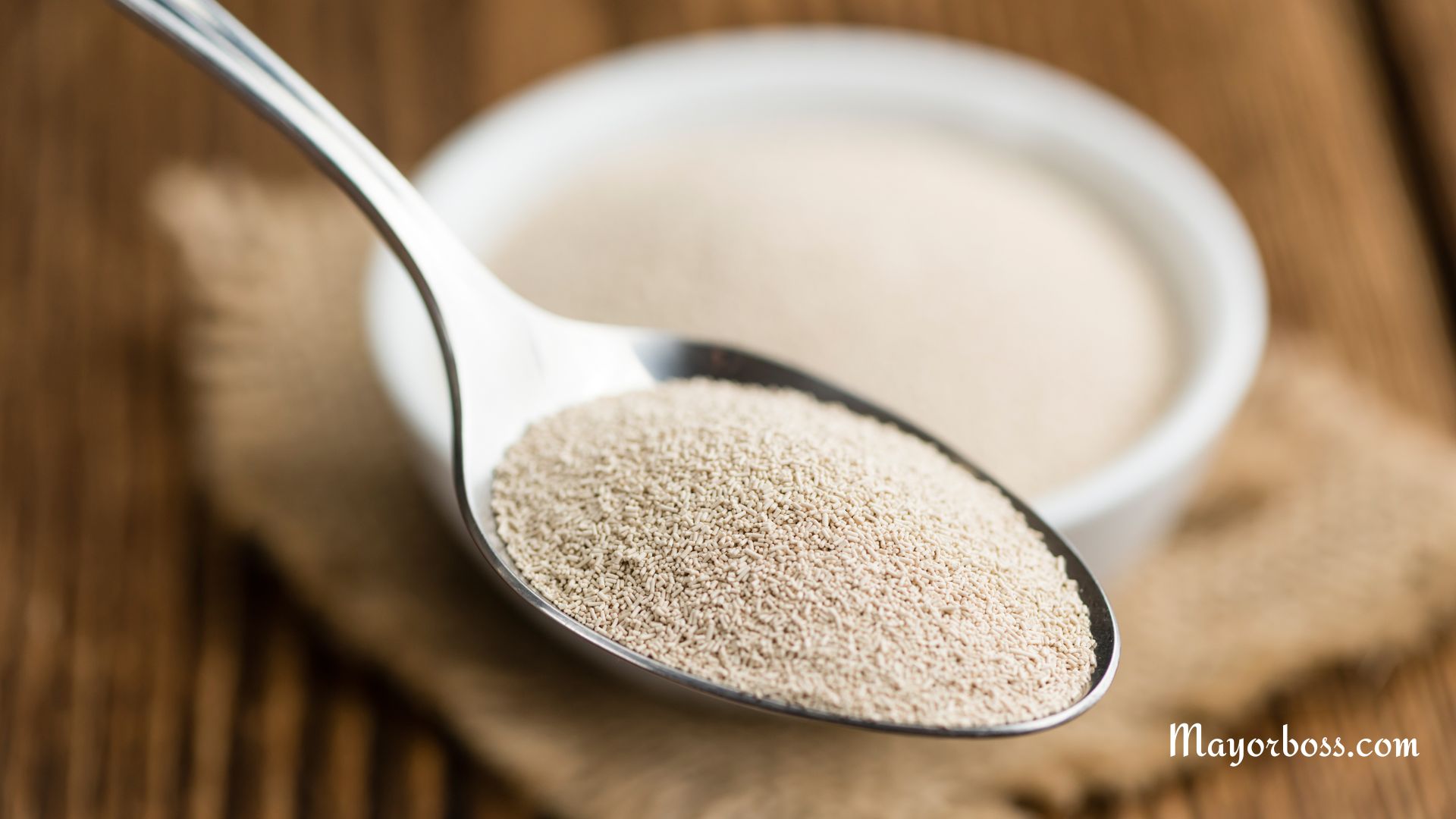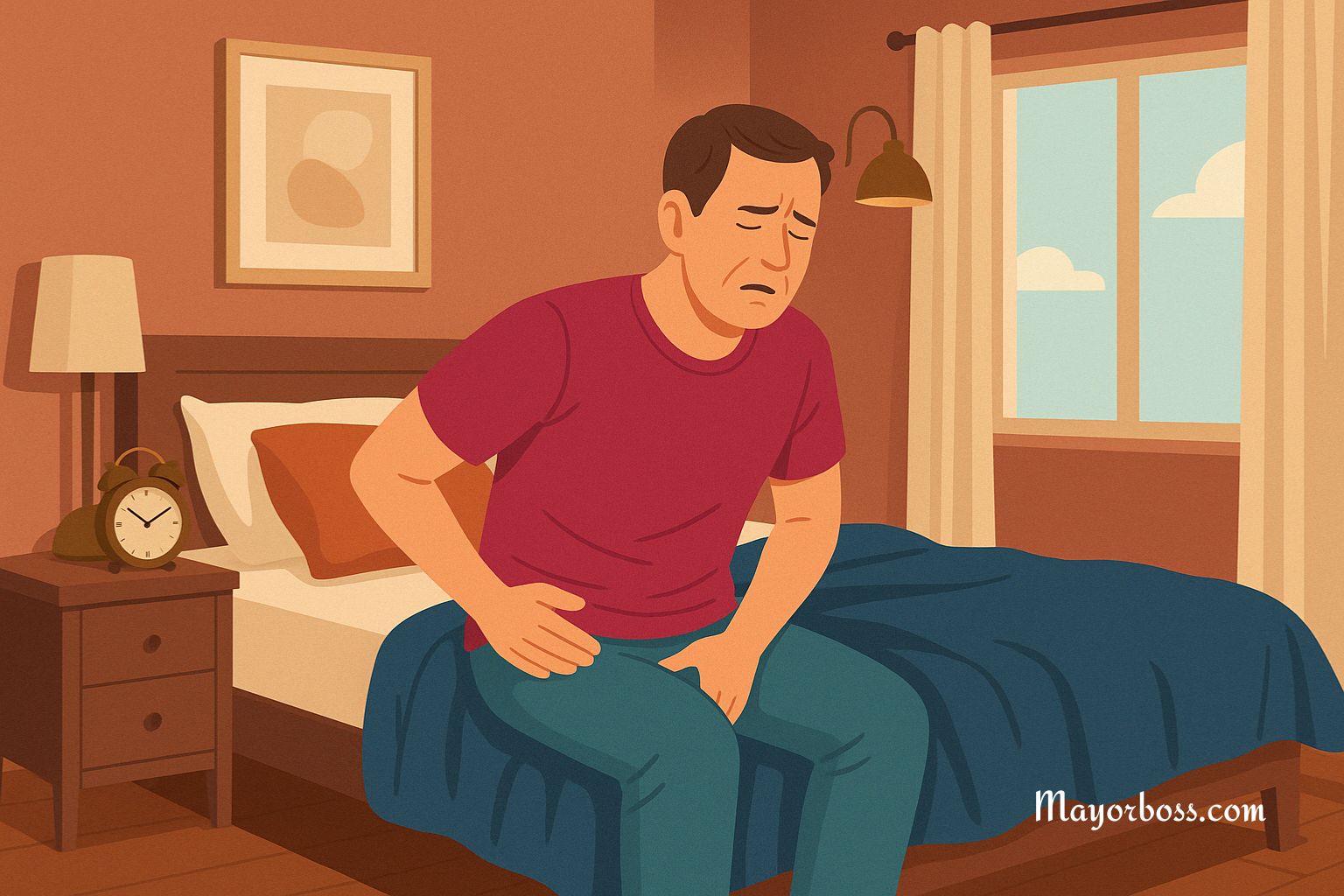What Causes Pain in the Middle of The Chest? 8 Possible Causes
Pain in the middle of the chest is a common symptom that many people experience at some point. The sensation of pain, discomfort, or pressure in the chest can be concerning. It’s not always a sign of a life-threatening condition like a heart attack, but it certainly should not be overlooked.
According to Dr. Natalia Hapych, a family doctor, “Pain in the middle of the chest can be caused by a variety of reasons, not all of which are cardiac-related. Some causes could be due to acid reflux, costochondritis, gastritis, pleurisy, or even anxiety and panic attacks.”
1. Acid Reflux
Acid reflux, or gastroesophageal reflux disease (GERD), happens when stomach acid backs up into your esophagus. This can cause a burning pain in your chest, often known as heartburn, that can be felt in the middle of your chest.
What to do: If you’re experiencing consistent heartburn, Dr. Hapych recommends, “Consult your healthcare provider who may recommend dietary changes, over-the-counter medications, or prescribe stronger medications.”
2. Gastritis
Gastritis, an inflammation of the stomach lining, can cause burning pain in the upper middle part of your abdomen, which can feel like it’s in the middle of the chest.
What to do: “If you suspect gastritis, it’s essential to consult a healthcare provider,” advises Dr. Hapych, “They may suggest lifestyle modifications, antacids, or other medications.”
3. Pneumonia
Pneumonia, an infection that inflames the air sacs in one or both lungs, can cause chest pain that worsens when you breathe in deeply or cough.
What to do: Dr. Hapych advises, “If you have symptoms of pneumonia, such as high fever, cough with phlegm, and chest pain, seek medical help. Treatment usually involves antibiotics, rest, and plenty of fluids.”
4. Pleurisy
Pleurisy occurs when the two layers of the pleura, a thin membrane that lines the chest cavity and surrounds the lungs, become inflamed. This can cause a sharp, stabbing pain in your chest that worsens when you breathe in.
What to do: If you’re experiencing chest pain and shortness of breath, consult a healthcare provider. “They will likely order imaging tests and prescribe medication to reduce inflammation,” says Dr. Hapych.
5. Costochondritis
Costochondritis, inflammation of the cartilage where your ribs attach to your sternum, can cause pain in the middle of your chest. This pain may worsen when you press on your chest or breathe deeply.
What to do: If you’re experiencing chest pain, it’s always important to get it checked out. “Even though costochondritis isn’t a serious condition, the chest pain it causes can be alarming,” notes Dr. Hapych, “Your healthcare provider can help determine if it’s costochondritis and suggest treatment options, such as pain relievers and physical therapy.”
6. Anxiety and Panic Attacks
Anxiety and panic attacks can cause symptoms such as chest pain, heart palpitations, and shortness of breath. In some cases, these symptoms can be so severe that they’re mistaken for a heart attack.
What to do: If you frequently have anxiety or panic attacks, seek help from a mental health professional. “They can provide you with effective strategies to manage your anxiety, including therapy, medication, and lifestyle modifications,” says Dr. Hapych.
7. Angina
Angina, which is caused by reduced blood flow to the heart, may cause pain in the middle of your chest. The pain, which can feel like pressure or squeezing in your chest, may also spread to your neck, jaw, shoulder, or back.
What to do: If you’re experiencing symptoms of angina, Dr. Hapych advises, “Don’t ignore these signs. Seek immediate medical attention. It’s critical to assess the heart and start appropriate treatment.”
8. Heart Attack
Pain in the middle of the chest can also be a sign of a heart attack. Unlike angina, which typically occurs during physical exertion, a heart attack can occur at rest or while sleeping.
What to do: A heart attack is a medical emergency. If you think you’re experiencing one, call for medical help immediately. “Every minute counts,” Dr. Hapych stresses.
Other Causes
In some cases, chest pain may be caused by other conditions, such as shingles or certain types of cancer. This is why it’s essential to have any new or unexplained chest pain evaluated by a healthcare professional.
In conclusion, if you’re experiencing pain in the middle of your chest, don’t ignore it. Although it could be due to a variety of causes, it’s important to rule out serious conditions, especially those related to the heart. As Dr. Hapych concludes, “It’s always better to err on the side of caution when dealing with chest pain.”
Further Reading: Tightness in Chest when Breathing: Why it Happens and How to Get Rid of It






